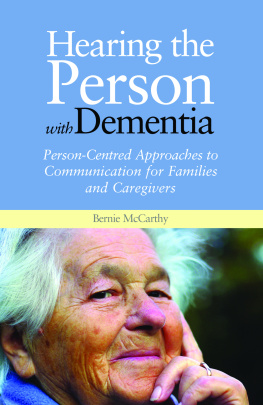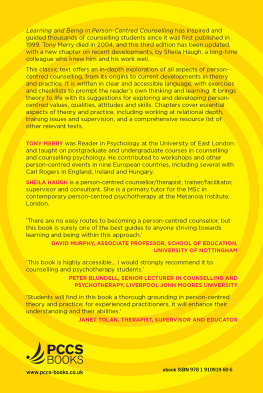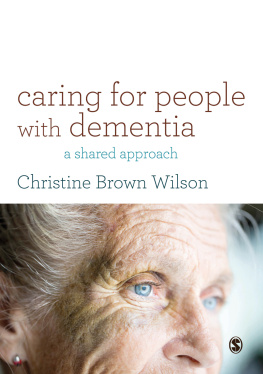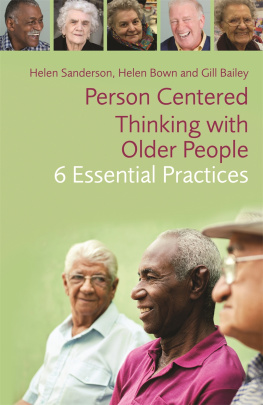Stephen Stirk - Creating Person-Centred Organisations: Strategies and Tools for Managing Change in Health, Social Care and the Voluntary Sector
Here you can read online Stephen Stirk - Creating Person-Centred Organisations: Strategies and Tools for Managing Change in Health, Social Care and the Voluntary Sector full text of the book (entire story) in english for free. Download pdf and epub, get meaning, cover and reviews about this ebook. year: 2012, publisher: Jessica Kingsley Publishers, genre: Politics. Description of the work, (preface) as well as reviews are available. Best literature library LitArk.com created for fans of good reading and offers a wide selection of genres:
Romance novel
Science fiction
Adventure
Detective
Science
History
Home and family
Prose
Art
Politics
Computer
Non-fiction
Religion
Business
Children
Humor
Choose a favorite category and find really read worthwhile books. Enjoy immersion in the world of imagination, feel the emotions of the characters or learn something new for yourself, make an fascinating discovery.

- Book:Creating Person-Centred Organisations: Strategies and Tools for Managing Change in Health, Social Care and the Voluntary Sector
- Author:
- Publisher:Jessica Kingsley Publishers
- Genre:
- Year:2012
- Rating:5 / 5
- Favourites:Add to favourites
- Your mark:
Creating Person-Centred Organisations: Strategies and Tools for Managing Change in Health, Social Care and the Voluntary Sector: summary, description and annotation
We offer to read an annotation, description, summary or preface (depends on what the author of the book "Creating Person-Centred Organisations: Strategies and Tools for Managing Change in Health, Social Care and the Voluntary Sector" wrote himself). If you haven't found the necessary information about the book — write in the comments, we will try to find it.
Person-centred thinking and planning are approaches that enable people using social care and health services to plan their future, and use a personal budget to commission personalised services.
Creating Person-Centred Organisations is a guide for organisations who want to deliver personalised services. Key issues covered include attending to the vision, strategy and business planning of the organisation, as well as organisational processes, culture and managing change. Drawing on the pioneering work of the social care charity United Response, the authors provide a wealth of practical tools and techniques to enable organisations within health, social care and the voluntary sector to use person-centred thinking tools and approaches to move towards becoming person-centred organisations.
This is an essential guide for managers and leaders within private, statutory and voluntary organisations.
Stephen Stirk is Director of Human Resources at the social care charity United Response. He has had over 30 years experience in human resources, organisation development and line management positions, including specialism in organisation design and development with GlaxoSmithKline. Helen Sanderson is Director of Helen Sanderson Associates. She has written extensively on person-centred thinking, planning, community building and Individual Service Funds. She has worked with a range of providers to enable them to deliver more personalised services. She is co-author (with Jaimee Lewis) of A Practical Guide to Delivering Personalisation: Person-Centred Practice in Health and Social Care (Jessica Kingsley Publishers).
Stephen Stirk: author's other books
Who wrote Creating Person-Centred Organisations: Strategies and Tools for Managing Change in Health, Social Care and the Voluntary Sector? Find out the surname, the name of the author of the book and a list of all author's works by series.







